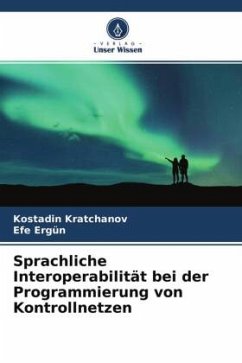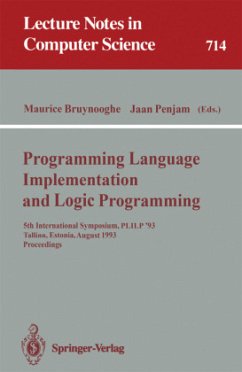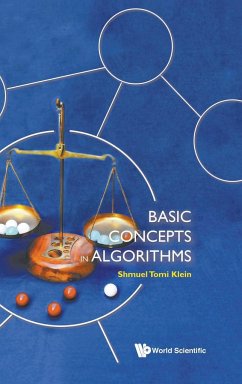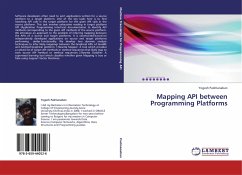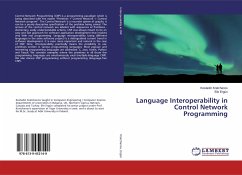
Language Interoperability in Control Network Programming
Versandkostenfrei!
Versandfertig in 6-10 Tagen
36,99 €
inkl. MwSt.

PAYBACK Punkte
18 °P sammeln!
Control Network Programming (CNP) is a programming paradigm which is being described with the maxim "Primitives + Control Network = Control Network program". The Control Network is a recursive system of graphs; it can be a purely descriptive specification of the problem being solved. The arrows of the control network are labeled with sequences of Primitives - elementary, easily understandable actions. CNP was always meant to be an easy and fast approach for software application development that involves very little real programming. Language interoperability (using different languages in the s...
Control Network Programming (CNP) is a programming paradigm which is being described with the maxim "Primitives + Control Network = Control Network program". The Control Network is a recursive system of graphs; it can be a purely descriptive specification of the problem being solved. The arrows of the control network are labeled with sequences of Primitives - elementary, easily understandable actions. CNP was always meant to be an easy and fast approach for software application development that involves very little real programming. Language interoperability (using different languages in the same software project) is a distinguished current trend in software development. It is even more important and natural in the case of CNP. Here, interoperability practically means the possibility to use primitives written in various programming languages. Most popular and interesting programming languages are addressed: C, Java, Kotlin, Python and Pascal. We consider examples where the primitives in all those five programming languages are simultaneously used (multiple-language CNP). We also discuss CNP programming without programming (language-free CNP).



